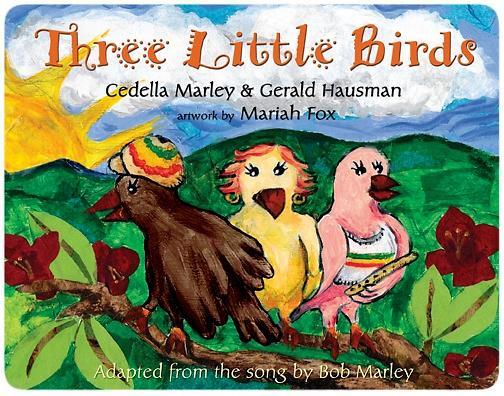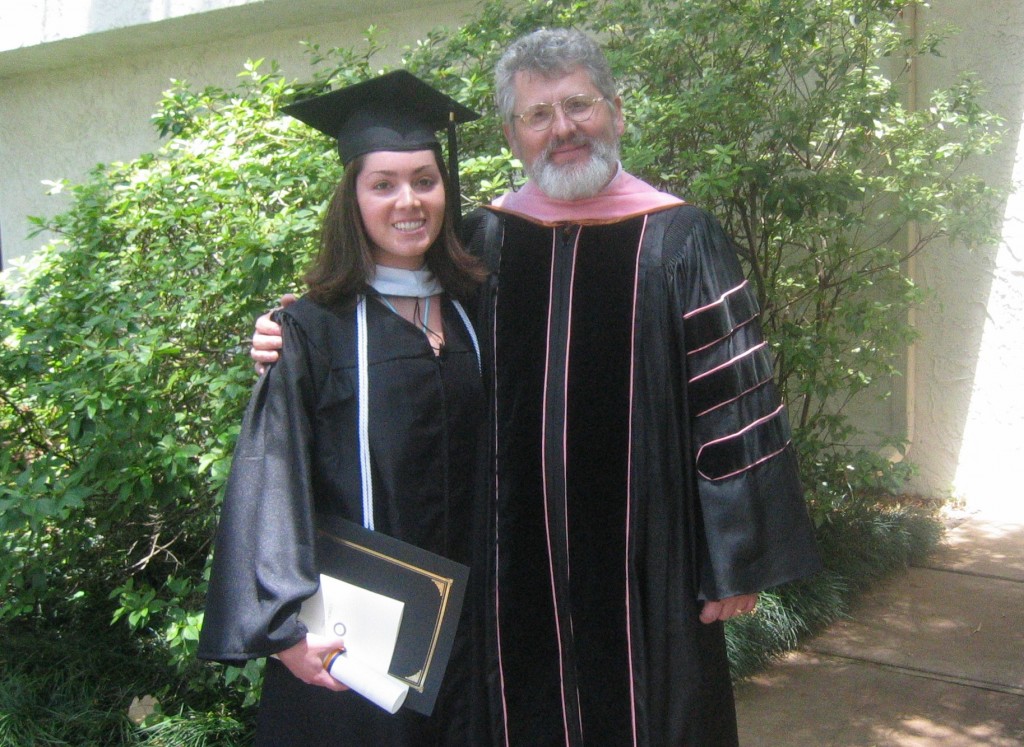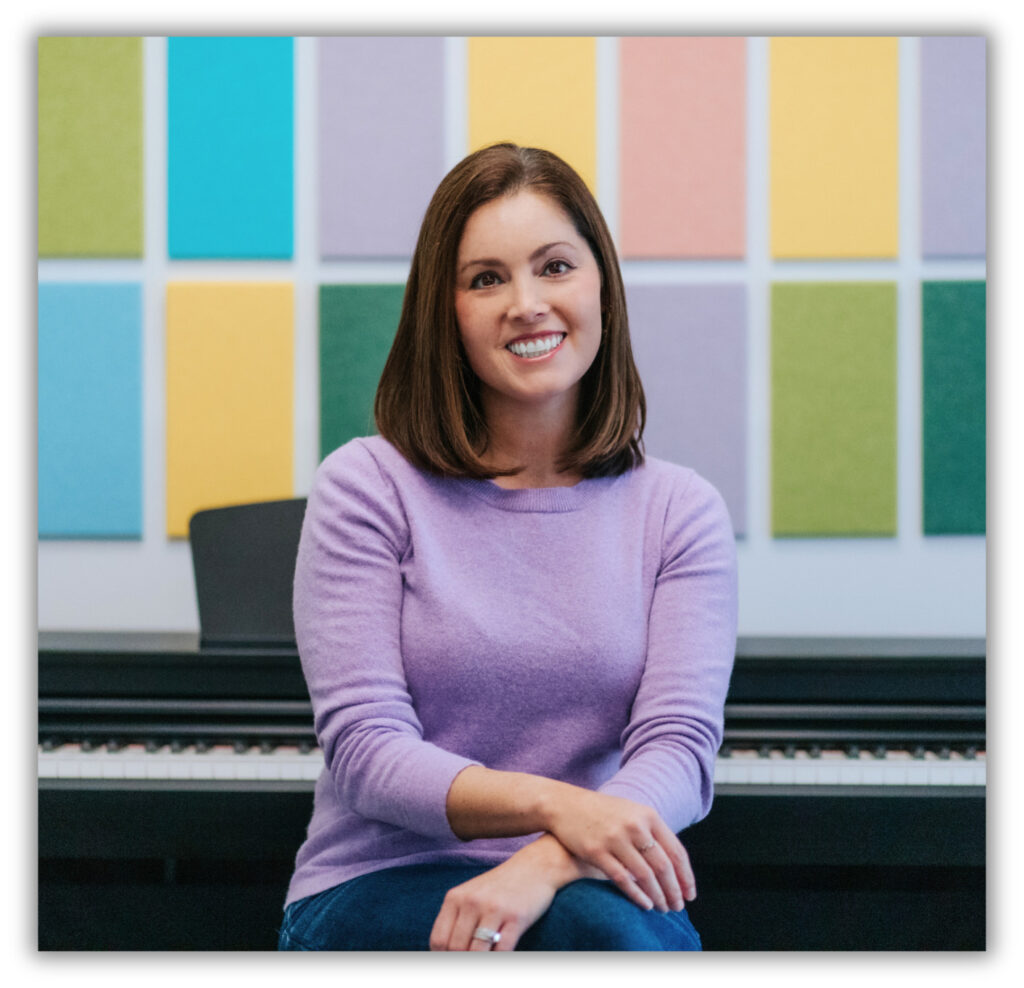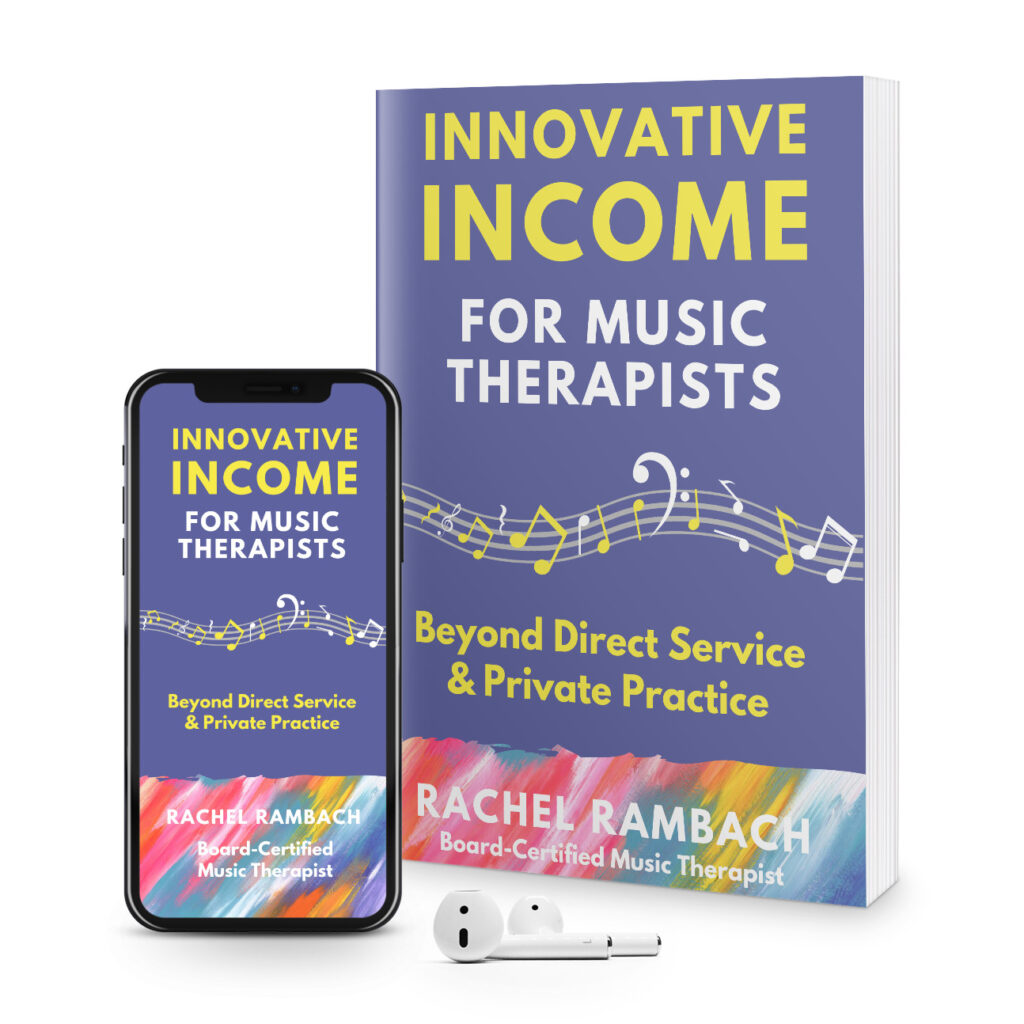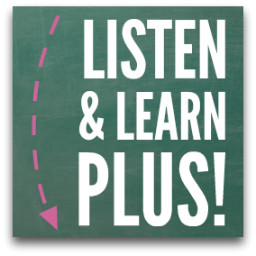Friday Fave: Weekend in Chicago

Confession: this post has nothing to do with music therapy, education, or children. But I’m so excited for my trip to the Windy City this weekend that I couldn’t resist writing about it. It’s been a long winter full of work-related weekend obligations, which means this trip — which has NOTHING to do with work — is the perfect way to ring in spring.
Our little weekend getaway does have something to do with my husband’s work, but that’s a good thing. Every March, his company invites its top performers to Chicago for a hotel stay and awards banquet. Zach and I have attended for the last 4 years, and this will be his 2nd year receiving the Agent of the Year title.
So that’s what we’ll be up to on Saturday night. But we’re heading out this afternoon with plans for a fancy dinner tonight followed by an overnight stay in a suite at the Wyndham Hotel. We love trying out new hotels every time we visit Chicago; back in August, we stayed at the super-cool W Hotel, and on Saturday night Zach’s company is putting us up at the Sax Hotel. Our favorite is the Peninsula, but you have to take out a small loan in order to stay there :)
Ahh, a weekend full of eating out, dressing up, and relaxing. It doesn’t get much better than that. What are your plans for this weekend? Hopefully they’re equally as fun!


